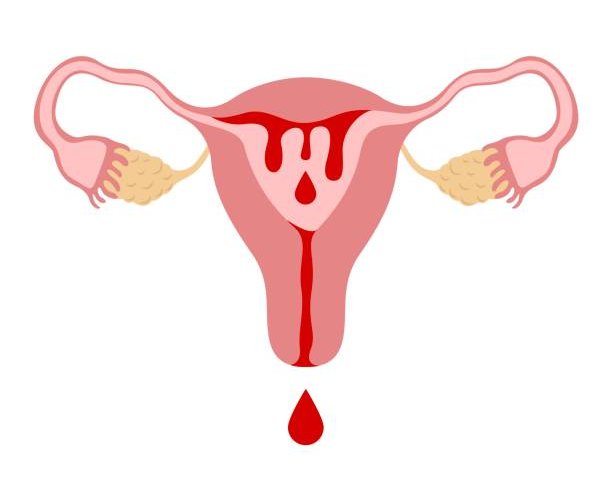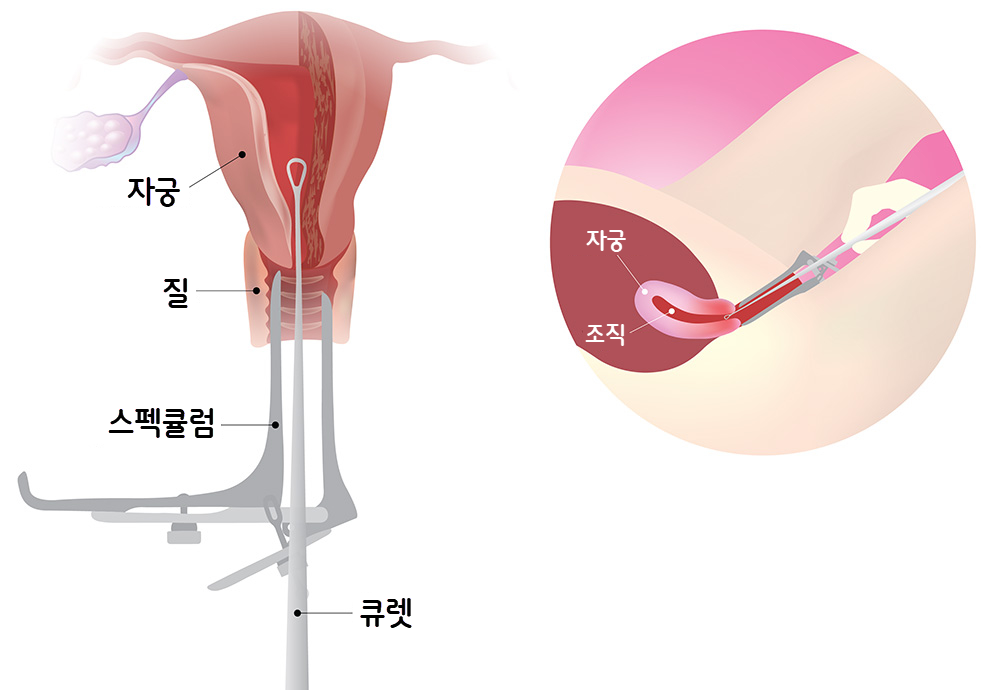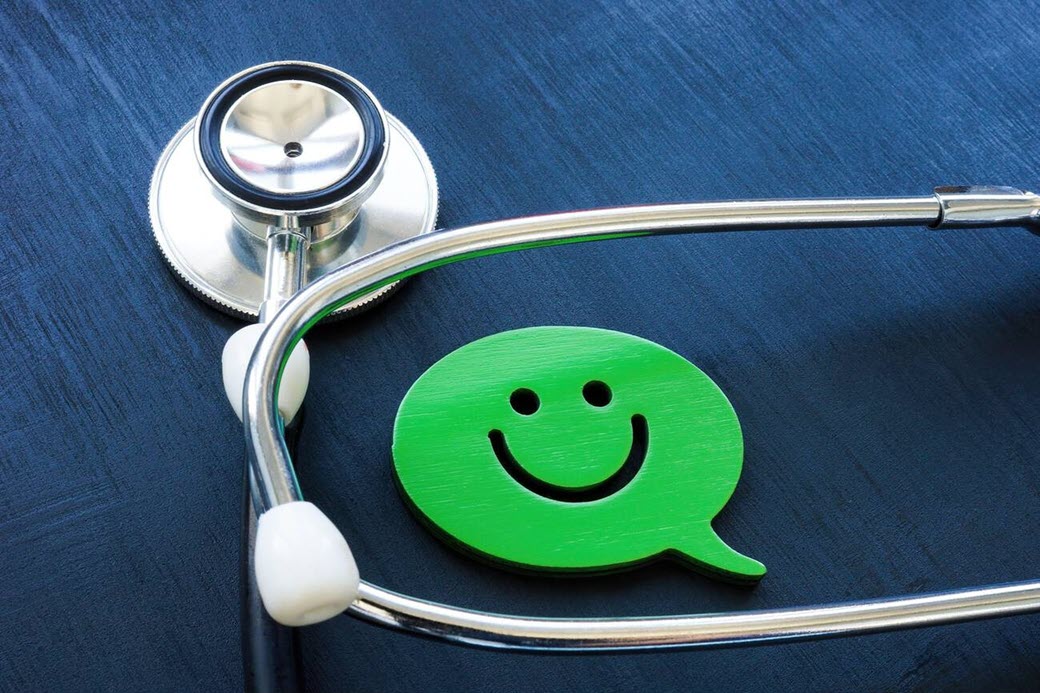What is abnormal uterine bleeding?
Abnormal uterine bleeding is abnormal or excessive bleeding that occurs outside of a normal menstrual period.
Because the causes are so varied, it is imperative to have an experienced gynecologist consult and examine you.
Even in the absence of a specific medical condition, small amounts of abnormal uterine bleeding can occur due to excessive stress or temporary hormonal imbalances.

Main Causes of Abnormal Uterine Bleeding
During the first few years after menarche or as you approach menopause, hormonal imbalances can cause irregular periods or light or heavy periods. However, in women in their 20s and 30s, irregular periods can also be caused by hormonal imbalances, pregnancy, and female diseases.
What if a middle-aged woman is experiencing abnormal uterine bleeding?
The incidence of fibroids increases with age, so middle-aged women should have regular checkups, and symptoms and prognosis may vary depending on the location of the fibroids. If treatment is needed, you should consult a gynecologist for careful management.
Procedure of Uterine Curettage Surgery
Uterine curettage surgery involves scraping the lining of the uterus with a device called a curette to check for abnormal bleeding in the uterus or to remove polyps or fibroids.
- 1
Excluding serious uterine conditions, the success rate of the procedure is nearly 100%.
- 2
It takes about 30 minutes, but you will need to rest for 3 to 6 hours after the procedure.
- 3
You may experience pain for 1 to 2 days after the procedure, and bleeding or discharge for about 2 to 4 weeks as it heals.






